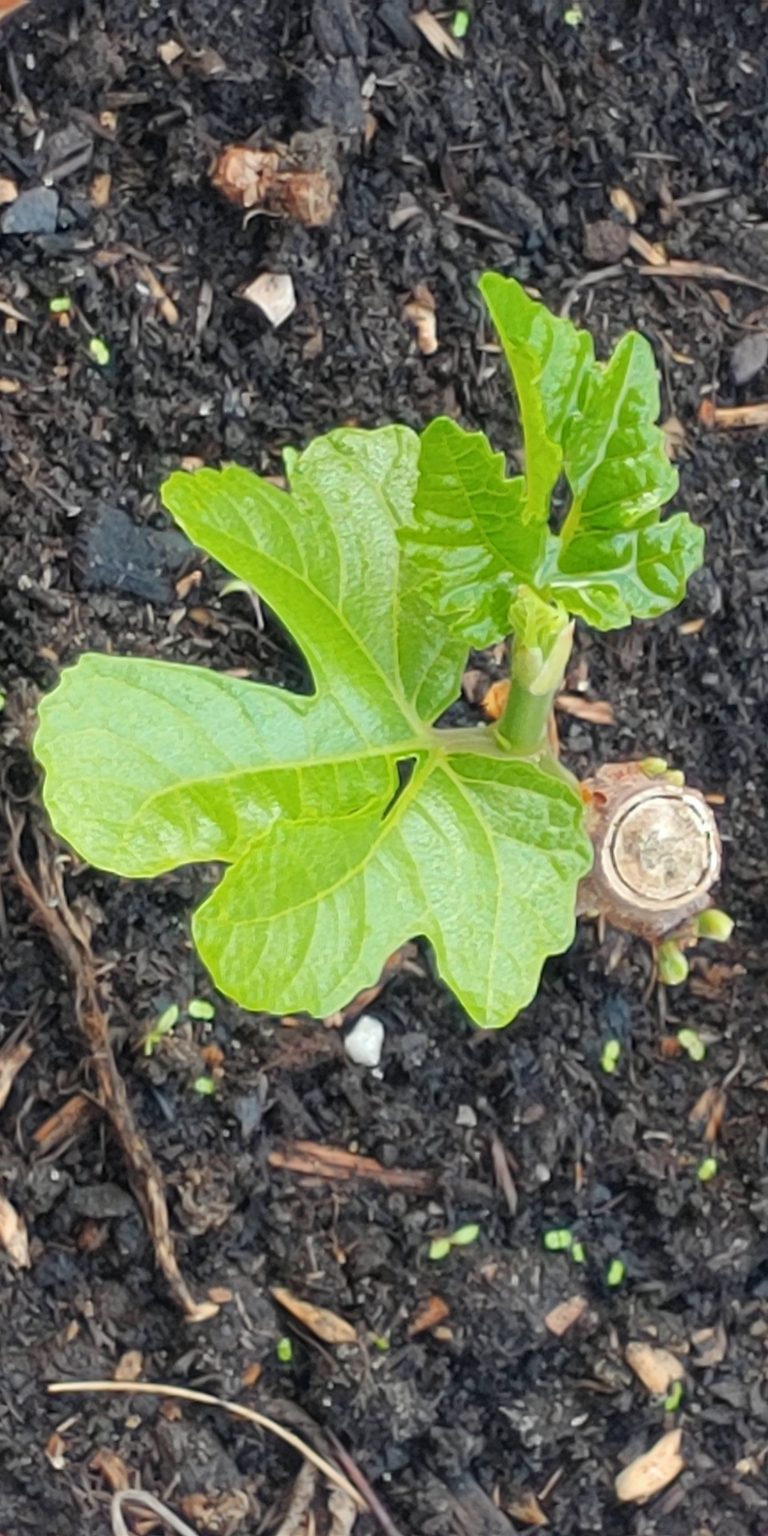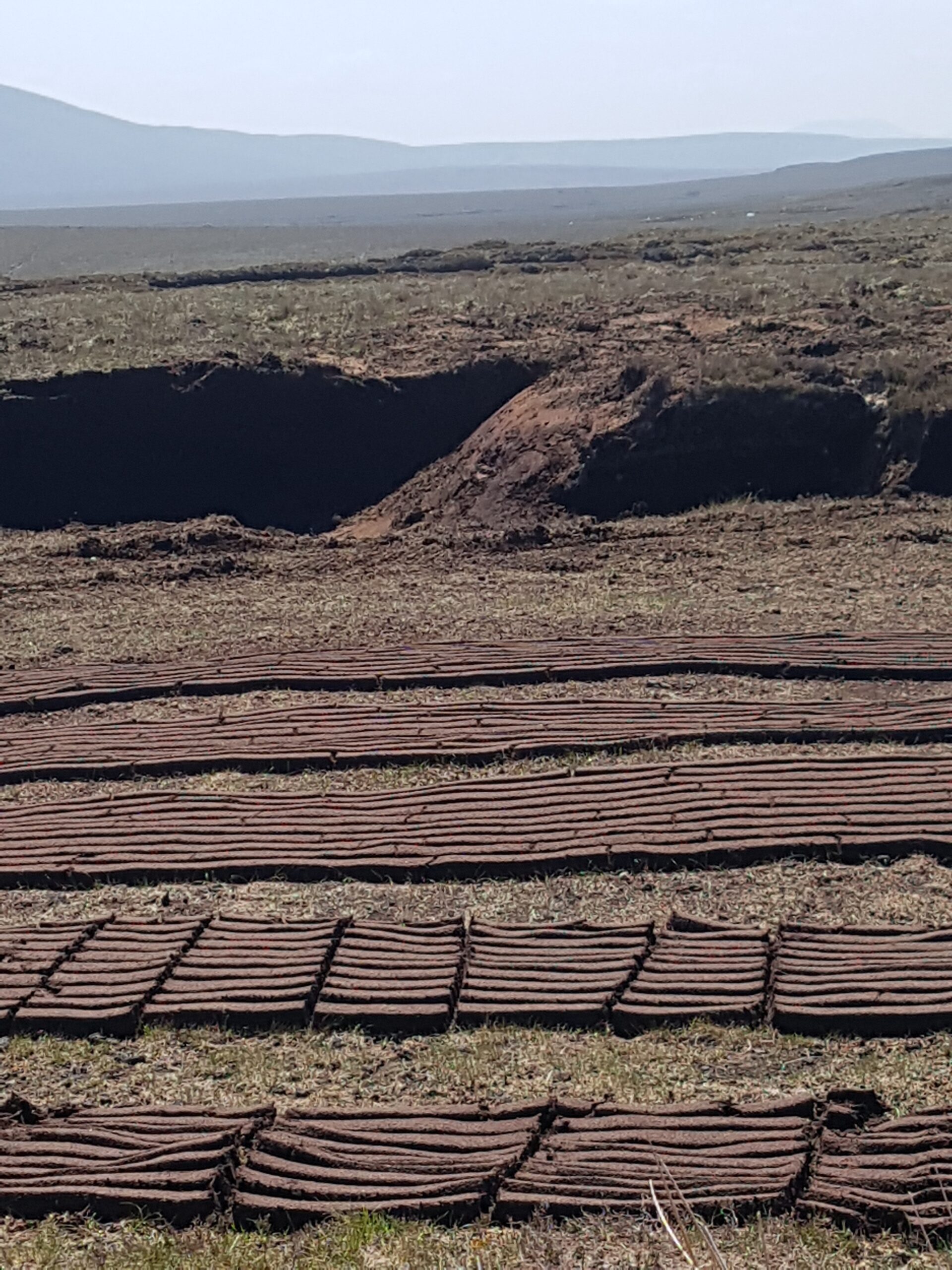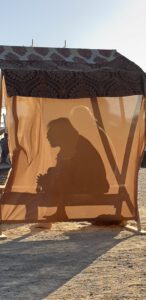The most beautiful people we have known are those who have known defeat, known suffering, known struggle, known loss, and have found their way out of the depths. These persons have an appreciation, a sensitivity, and an understanding of life that fills them with compassion, gentleness, and a deep loving concern. Beautiful people do not just happen.
Elisabeth Kübler-Ross
`What is your relationship with defeat?´, the therapist asked in genuine interest. Though the words were clearly audible as they travelled through the cosy room of the 16th Century timber-framed house in which we sat, I was still somewhat confused. `What was he up to now?´, my inner voice ventured.
This was in the early nineties. Life was intense. Our children were very young, marriage volatile, job challenging, and my sense of aloneness strong, and growing. I had started therapy with a (young-ish) Jungian psycho-analyst in order to `get more control´ over my life, which at times, felt like it was going off the rails. The fact that my heavy drinking and continued regular marijuana consumption never became a major topic in these three years of therapy is testimony to both my powers of deceit and my therapist’s lack of insight into the addiction dynamic, and how it plays out in our lives.
In the build up to that moment, I had been describing how distraught I was about the fact that my crop of tomatoes had been decimated, late in the season, by blight, turning beds of giant vines heaving under the weight of copious quantities of ripening fruit into total desolation. The scene looked like what one of my hangovers felt like. This had shaken me not only in my passion for gardening, but it seemed, in my affirmation of life.
Resignation loomed on the horizon. `What’s the point?´ reverberated through my being. `After all the effort and loving-care I had put into my garden, Mother Nature hits me with this!´
Yes, I was taking it personally. Indignation lined up beside resignation, soon to be followed by righteous self-pity and, finally, the archetype of the victim. Yes indeed, the stage of old familiar players was filling up quickly and I was going to milk this to the full.
`What is your relationship with defeat?´ jolted me out of my musings.
Good Lord, defeat! This was the last topic I wanted to address at that moment. I felt my mental fingernails as they began to graze on the scabs of long-supressed internal wounds and would have preferred to zone out, in whatever way possible. But this therapist knew me a little by now. He knew that my intellectual pride would never allow me to duck the issue, now that it had been presented.
Anger rumbled deep within. Those final weeks and months of my father’s life in the autumn of 1977, almost fifteen years earlier. The sixteen-year-old me, on the surface manfully dealing with the situation; all hurting, desperate, and ripped apart inside. At some point the idea must have slipped in through the back door of my consciousness that I could save him. I would do this by means of unconditional love, dedication, and service. The youth in me wanted to be out partying and getting obliterated and the loving son sat reading to him the Gospel of John: aloud, slowly, mindfully; and, in turn, listening attentively to Dad’s grasp of the mystical promise of everlasting life. In the situation I though it was about him, only later realising that he was lovingly imparting his experience in the hope that it would be the source of hope, succour, and faith to those who were to follow him, including, among others, his children, five of whom were even younger than me.
Old memories emerged; the bedpan scenes, the witnessing of complete physical meltdown, the helplessness of the figure I looked toward most for strength, even if mixed with glimpses of fear at times. The cruel irony of shaving the man who, at that exact juncture, under different circumstances, could have been giving me lessons in how to perform a good wet shave. `This is so unfair!´ roared an inner voice, only to be stuffed back into the genie’s bottle, for now, at least.
And the day, on returning from school on my bike, to find an ambulance parked outside and the medics preparing to take him to the hospice. This, after him many times telling me that he wanted to be allowed to die at home. The decision was not mine to make. My mother and older siblings had, in their own hour of need, decided that care at home was no longer feasible but had not informed me of this decision in advance. Crestfallen, I watched, powerless, as he was carried on a stretcher through our garden and borne away, never to return. This experience fuelled my resentment for many years to come.
`Defeat, you ask´, I responded. `I don’t know where to start. I just feel like I need to destroy the feelings before they destroy me…..´
Thus began a journey of healing. The volcano first needed venting. It became a ritual after these early-morning sessions to take a short walk along the river and roar as loud as I could, until I no longer could. Then I would get into my car and drive the short remaining distance to work. I sometimes wondered what my colleagues would think if they knew what had transpired only one short hour earlier.
Seemingly unfazed, yet deeply perturbed, I continued to explore the depths of my anger.
`It is now time to return to your body´, he said in a session some months later. Perplexed, I asked what he meant. `I believe you left your body at some point in early childhood and am of the opinion that it is now time to return´, he responded. `How do I do that?´, I asked. `Try a fitness studio for a start´, he suggested.
I am not the fitness studio type. I used to regale my drinking buddies at the bar with the story of Churchill on his eightieth birthday, responding to a question about the secret of a long, successful life. With his cognac in the left hand, he puffed on his Romeo y Julieta Clemenceau and, removing it with the right, he expounded : `Absolutely no sports´.
Following instructions, however, I did sign up with a fitness studio and soon bumped into a crowd whose main exercise was road cycling. That year I was given an old racing bike for my birthday. Within a year I had racked up 5,000 km. Never returning to the fitness studio, I discovered outdoor endurance sports and the concept of pushing my boundaries, getting faster and fitter in the process.
The competition I had seen and experienced in the outer world began to shift inwards. I learned to set goals. If I succeeded in meeting them, I could celebrate; if I came up short, rather than viewing this as defeat, I used it as fuel to motivate me. From the depths of my memory, I found scenes where Dad would come to one of us on the evening before an important examination at school and encourage us to; `do our best´. `No one can fault you for doing your best, regardless of results,´ he would continue.
It was to take many more years before the ultimate defeat of spiritual bankruptcy and the unmanageability of my life propelled me onto the path of addiction recovery. This journey has taught me to remove my self from the centre of the universe, to let go of fear and resentment, and to relinquish my resistance to `what is´, thus learning to live `life on life’s terms´. By developing trust in my concept of a Great Spirit, clearing away the wreckage of my past and learning to help others, I have been given a whole new outlook on life, an outlook which, if cultivated on a daily basis, keeps me sane and sober.
This has ultimately has brought me to an appreciation, a sensitivity, and an understanding of life that fills me, again and again, with gratitude, awe, compassion, gentleness, and a deep loving concern for all of creation.











Eine Antwort
Thanks for this. Beautiful read & share <3